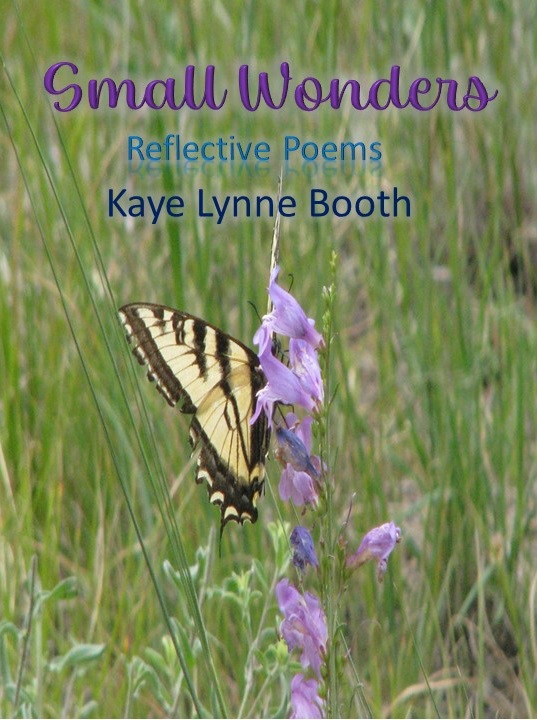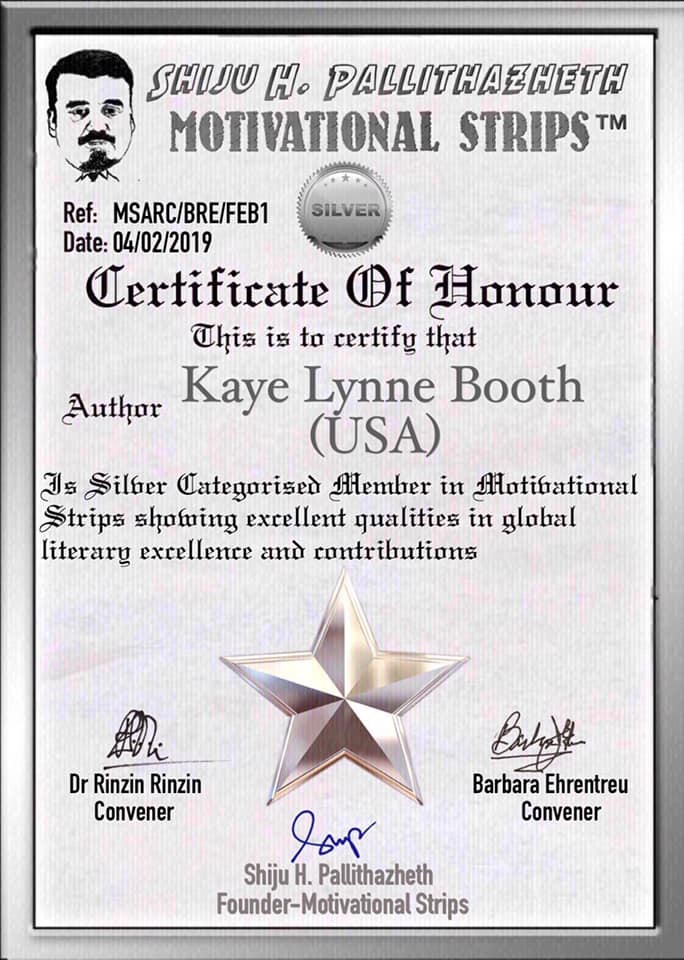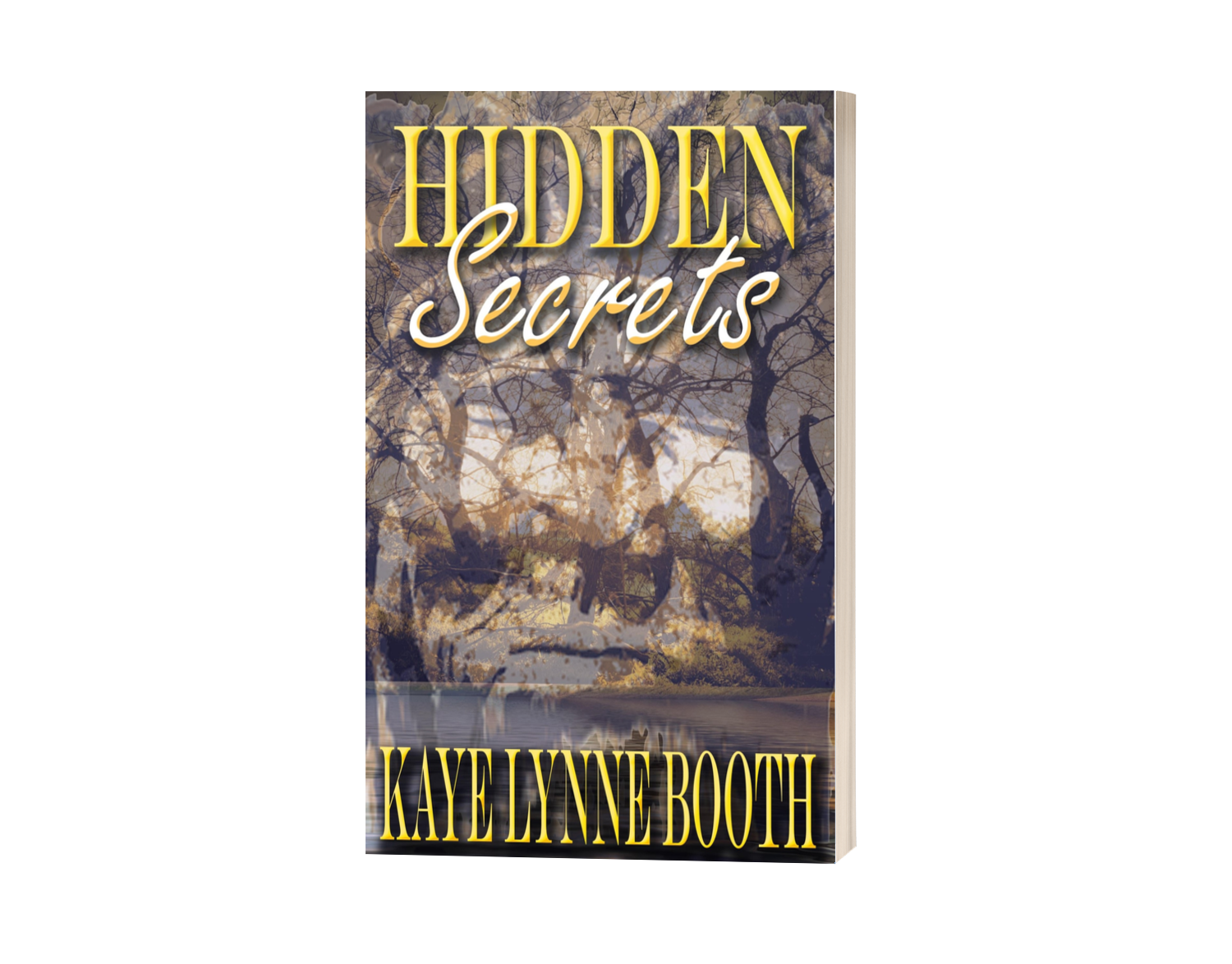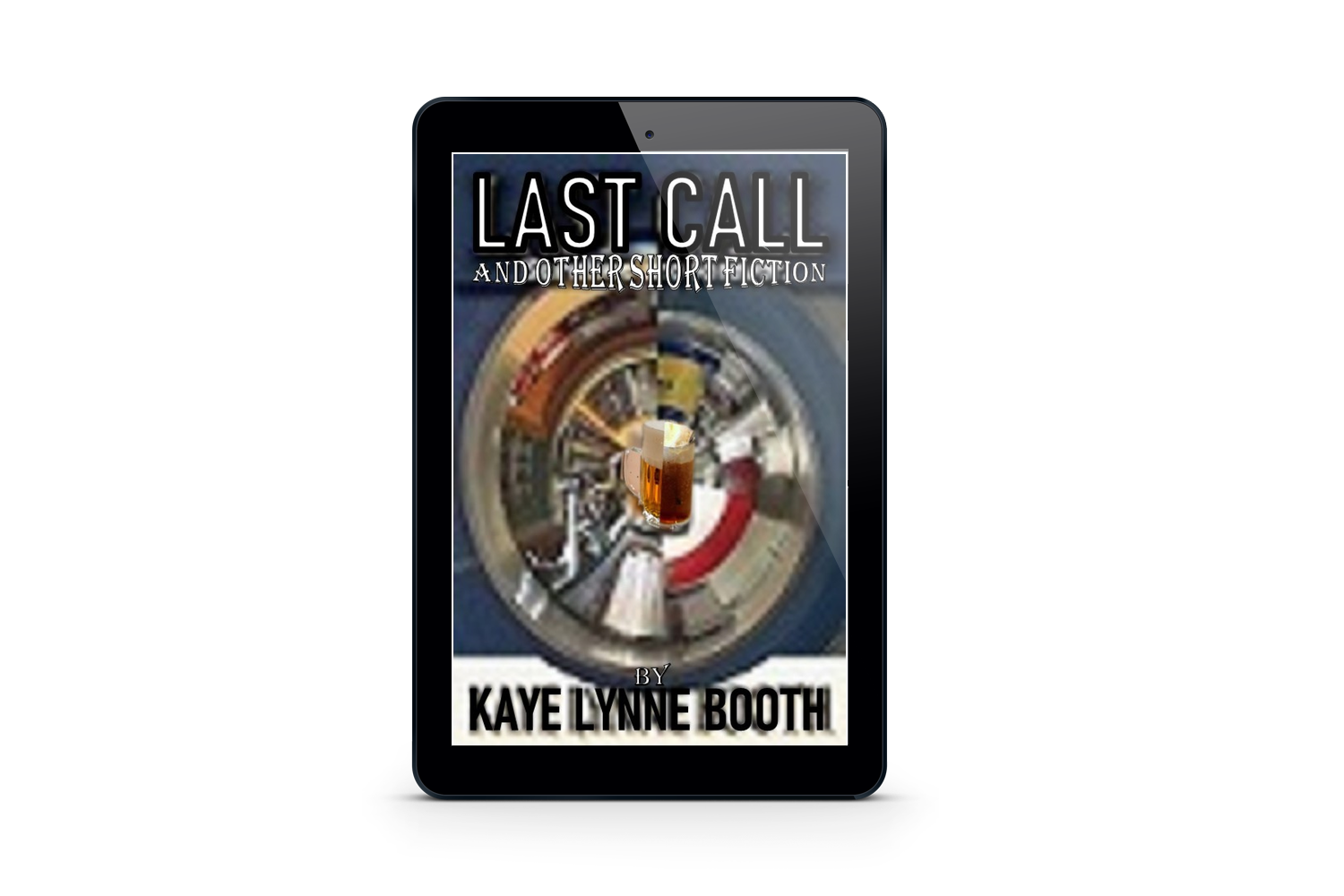Mind Fields: Tibetan Dance Steps
Posted: May 3, 2024 Filed under: Mind Fields, Poetry | Tags: Arthur Rosch, Mind Fields, Poetry, Writing to be Read 1 CommentTibetan Dance Steps
After reaching enlightenment,
Milarepa dusted off his chuba and stood up.
His first three steps
burned footprints
into the rocks of his shelter
so that today
pilgrims bow to these relics as holy icons.
The yogi’s steps were fired in the kiln
of his deep understanding. A thousand
years have passed and his footprints remain
sunk into the bare granite.
____________________________________
Arthur Rosch is a novelist, musician, photographer and poet. His works are funny, memorable and often compelling. One reviewer said “He’s wicked and feisty, but when he gets you by the guts, he never lets go.” Listeners to his music have compared him to Frank Zappa, Tom Waits, Randy Newman or Mose Allison. These comparisons are flattering but deceptive. Rosch is a stylist, a complete original. His material ranges from sly wit to gripping political commentary.

Arthur was born in the heart of Illinois and grew up in the western suburbs of St. Louis. In his teens he discovered his creative potential while hoping to please a girl. Though she left the scene, Arthur’s creativity stayed behind. In his early twenties he moved to San Francisco and took part in the thriving arts scene. His first literary sale was to Playboy Magazine. The piece went on to receive Playboy’s “Best Story of the Year” award. Arthur also has writing credits in Exquisite Corpse, Shutterbug, eDigital, and Cat Fancy Magazine. He has written five novels, a memoir and a large collection of poetry. His autobiographical novel, Confessions Of An Honest Man won the Honorable Mention award from Writer’s Digest in 2016.
More of his work can be found at www.artrosch.com
Photos at https://500px.com/p/artsdigiphoto?view=photos
__________________________________________
Want to be sure not to miss any of Arthur’s “Mind Fields” segments? Subscribe to Writing to be Read for e-mail notifications whenever new content is posted or follow WtbR on WordPress. If you find it interesting or just entertaining, please share.
A Reading from Small Wonders: A Haiga Poem
Posted: April 30, 2024 Filed under: Book Sales, Books, Collection, Poetry, WordCrafter Press | Tags: Kaye Lynne Booth, National Poetry Month, Poetrhy Readings, Poetry, Poetry Collection, Small Wonders, WordCrafter Press 2 Comments
On Sale for National Poetry Month – Only $2.99
Purchase Link: https://books2read.com/SmallWonders
A Poetry Reading from Small Wonders: A Tanka Poem
Posted: April 28, 2024 Filed under: Book Sales, Books, Collection, Poetry, WordCrafter Press | Tags: Kaye Lynne Booth, Poetry, Poetry Collection, Poetry Readings, Small Wonders, WordCrafter Press 4 CommentsOn Sale for National Poetry Month – Only $2.99
Purchase Link: https://books2read.com/SmallWonders
Mind Fields: December 7
Posted: April 26, 2024 Filed under: Mind Fields, Poetry | Tags: Arthur Rosch, Mind Fields, Poetry, Writing to be Read 1 Comment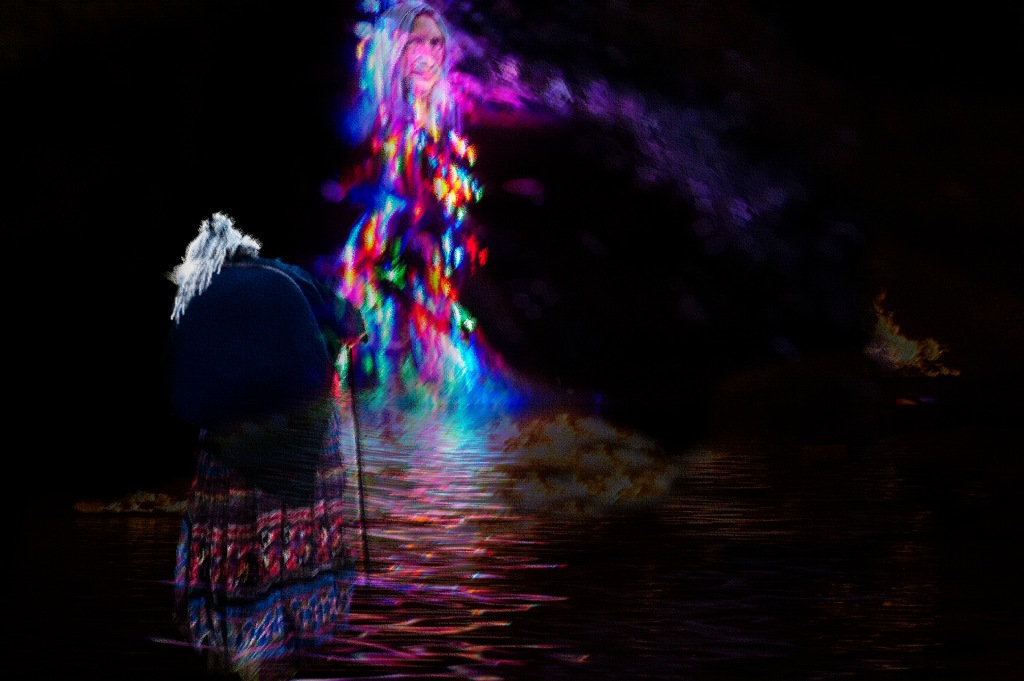
December 7
All experience is in you.
All suffering, all joy, all confusion,
all presence, all absence
is in you.
If I make a mis-step, you catch me.
If I can’t feel you catch me,
I fall and fall, and eventually I will
come to know
that I have fallen into you.
If I rise to a great height
and see my glory,
I will be standing in my own shadow,
for you are behind me.
If I feel alone, and yearn
for something until the pit of my stomach aches
with incompleteness,
you have meant for me to know that.
I am only where I am, watching, waiting
to be born, to live, to die,
to feel you with me, so certain am I
that you are everything.
_______________________________________
Arthur Rosch is a novelist, musician, photographer and poet. His works are funny, memorable and often compelling. One reviewer said “He’s wicked and feisty, but when he gets you by the guts, he never lets go.” Listeners to his music have compared him to Frank Zappa, Tom Waits, Randy Newman or Mose Allison. These comparisons are flattering but deceptive. Rosch is a stylist, a complete original. His material ranges from sly wit to gripping political commentary.
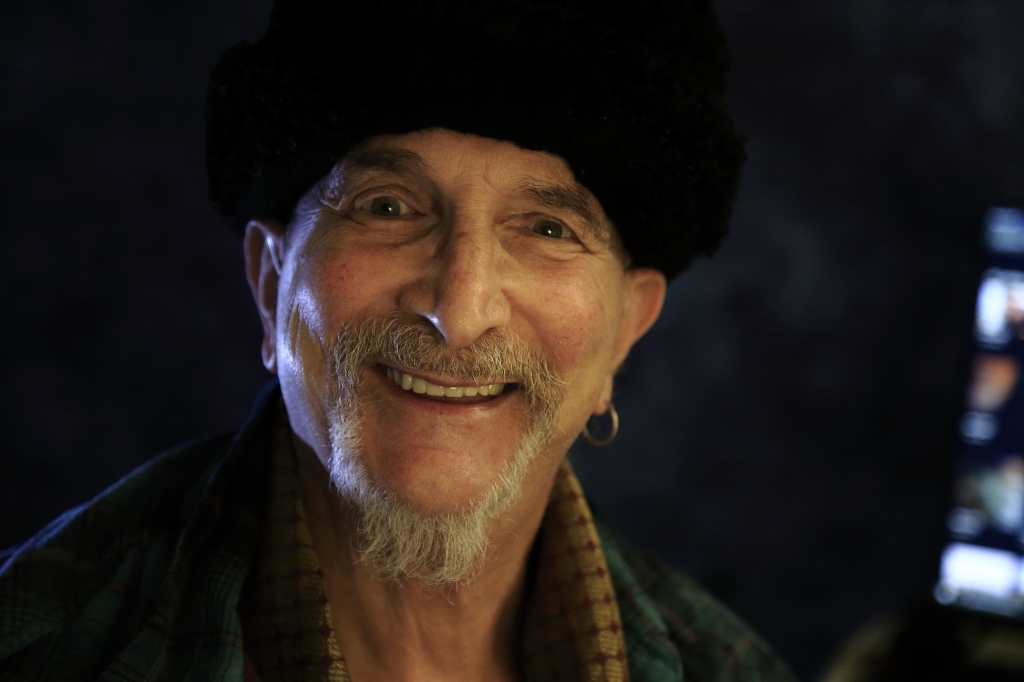
Arthur was born in the heart of Illinois and grew up in the western suburbs of St. Louis. In his teens he discovered his creative potential while hoping to please a girl. Though she left the scene, Arthur’s creativity stayed behind. In his early twenties he moved to San Francisco and took part in the thriving arts scene. His first literary sale was to Playboy Magazine. The piece went on to receive Playboy’s “Best Story of the Year” award. Arthur also has writing credits in Exquisite Corpse, Shutterbug, eDigital, and Cat Fancy Magazine. He has written five novels, a memoir and a large collection of poetry. His autobiographical novel, Confessions Of An Honest Man won the Honorable Mention award from Writer’s Digest in 2016.
More of his work can be found at www.artrosch.com
Photos at https://500px.com/p/artsdigiphoto?view=photos
_________________________________________________
Want to be sure not to miss any of Arthur’s “Mind Fields” segments? Subscribe to Writing to be Read for e-mail notifications whenever new content is posted or follow WtbR on WordPress. If you find it interesting or just entertaining, please share.
A Look at Poetry Reviews of the Past Year: In the Shadow of Rainbows
Posted: April 20, 2024 Filed under: Book Review, Books, Collection, Poetry, Review | Tags: Book Review, In The Shadow of Rainbows, Poetry, Poetry Collection, Selma Martin, Writing to be Read Leave a commentIt celebration of National Poetry Month, I’m reblogging my poetry reviews from the past year on Saturdays throughout April in case you missed any of these noteworthy poetry collections.
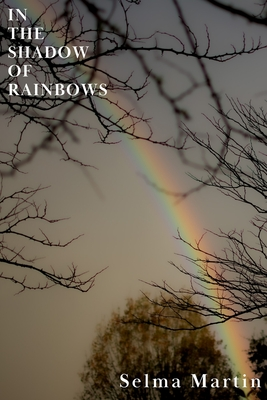
Treasuring Poetry – Meet prolific poet, Ivor Steven, and a review #poetry #poetrycommunity #TreasuringPoetry
Posted: April 17, 2024 Filed under: Book Review, Books, Collection, Interview, Poetry, Review, Treasuring Poetry | Tags: Book Reveiw, Ivor Steven, Poetry, Robbie Cheadle, Treasuring Poetry, Until Eyes Hear Sound, Writing to be Read 53 Comments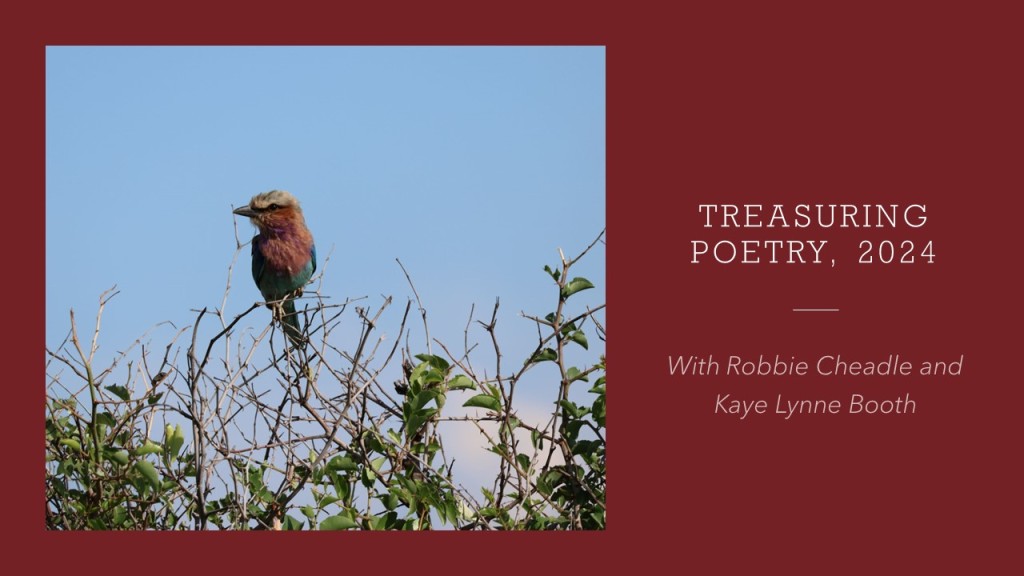
My April Treasuring Poetry guest is talented and prolific poet, Ivor Steven. Please enjoy his thoughts about poetry and some of his favourite poems.
What is your favourite style of poetry to read?
Oh, there are so many styles of poetry that I like. In my personal library I have poetry books by Leonard Cohen, William B Yeats, Walt Whitman, Emily Dickinson, John Keats, Henry Lawson, Banjo Paterson, and Rupi Kaur, and of course numerous other local poets. My selections are of a range of styles and very eclectic, however, my favourite poetry style is rhythmical freestyle poems.
What is your favourite poem in your favourite style to read?
Since I was a teenager, I have been an avid follower of Leonard Cohen’s writings, and he has had a huge influence on the way I draft my poems. One of my favourite poems of his is “Avalanche”.
“Avalanche“
Well, I stepped into an avalanche,
it covered up my soul;
when I am not this hunchback that you see,
I sleep beneath the golden hill.
You who wish to conquer pain,
you must learn, learn to serve me well.
You strike my side by accident
as you go down for your gold.
The cripple here that you clothe, and feed
is neither starved nor cold;
he does not ask for your company,
not at the centre, the centre of the world.
When I am on a pedestal,
you did not raise me there.
Your laws do not compel me
to kneel grotesque and bare.
I myself am the pedestal
for this ugly hump at which you stare.
You who wish to conquer pain,
you must learn what makes me kind;
the crumbs of love that you offer me,
they’re the crumbs I’ve left behind.
Your pain is no credential here,
it’s just the shadow, shadow of my wound.
I have begun to long for you,
I who have no greed;
I have begun to ask for you,
I who have no need.
You say you’ve gone away from me,
but I can feel you when you breathe.
Do not dress in those rags for me,
I know you are not poor;
you don’t love me quite so fiercely now
when you know that you are not sure,
it is your turn, beloved,
it is your flesh that I wear.
What is your favourite style of poetry to write? Why?
I must say I like writing Haiku, Tanka, musettes, and other forms of short poems. However, I only started writing poetry after I had suffered a semiserious stroke in 2000. During my rehab, the speech therapist encouraged me to write rhyming words to help regain my cognitive abilities. I developed a knack for rhyming words and from there my writing knowledge gradually expanded. With my restricted thought process, the rhythmical Freestyle Poems were an uncomplicated style for me to follow and I kept improving on my newfound journey into the world of poetry.
What is your favourite of your own poems in your favourite style?
Oh gosh, I have written nearly two thousand poems over the past twenty years, my favourite one is from my first book “Tullawalla”, I wrote the poem in Philadelphia while visiting my cousins in 2019. The trip to America was only two months after my 2nd and 3rd strokes, and the journey was truly a “dream come true”.
Dreams of The Heart
I cannot walk the continents
Like the intrepid Marco Polo
But my feet have felt the sands of time
Pass between my toes
I have not sailed the high seas
Like the courageous Christopher Columbus
But my body has bathed
In an ocean full of kind hearts I am yet to fly in space
Like the brave Neil Armstrong
But I have reached for the stars
And touched my soul’s dreams
How do you promote your poetry and poetry books?
I promote my poetry and books via my WordPress website, and social media sites: Instagram. Facebook. Thread, and a new website Medium. Also, I am an appointed writer for the online Coffee House Writers magazine (America), and they allow me to promote my Books on their members chat-site. I am a member the Geelong Writers Inc, who have Monthly social gatherings where I can sell my books. I frequent several local cafes, at which I am allowed to display and sell my books. I regularly attend local Arts Markets and I have had Book Stalls at nearby book festivals, the most recent being the prestigious Clunes Booktown Festival.
>> Clunes Booktown Festival – For the love of story
You can find out more about Ivor Steven on his blog here: https://ivorplumberpoet.press/about/
My review of Until Eyes Hear Sound
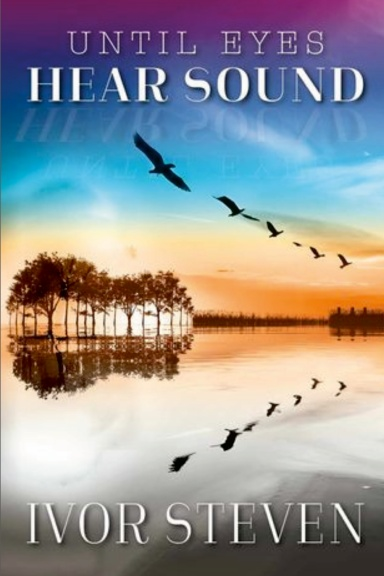
Available from Lulu.com here: https://www.lulu.com/search?contributor=Ivor+Steven&adult_audience_rating=00
and Jaymah Press here: https://www.jaymahpress.com.au/product-page/until-eyes-hear-sound
Until Eyes Hear Sound is a wonderful collection full of impactful poems about numerous important issues humanity faces as a collective, as well as the beauty of our natural world.
The book is divided up into ten chapters as follows: Little Creatures and Birds; Planet Earth, Nature and Existence; The New World? The Same Universe; Observations – “Until Eyes Hear Sound”; War! Without Peace?; Memories and Rhymes; Poetry in Slow Motion; Humour, Fantasy, Faeries, and Weird; and Short Poems, Haiku, Senryu, Tanka, and Others. Each section shares a smaller collection of poems that highlight the best and worst of that category. The poems are written in a mixture of freestyle and rhyming verse and are easy to read and vivid in their description.
The following are a few lines from some of the poems I related to the most in the collection:
“Raw rain is tumbling across town
Mother Nature’s roaring sound
Amplifies her tears slapping the ground
As her dark clouds wrinkle into a frown”
from She Knows
“Behind every mask there is a weathered face
Behind every face old lines survive in place
Behind every place memories live with grace”
from My World, My Thoughts
“arriving
via the cemetery gate
holding her flowers
hands quivering
heart quickens …
“leaving
via the cemetery path
renewing goodbyes
crying silently
breathing slowly”
from Arriving and Leaving, Visiting Her. This was my favourite poem in the collection.
A beautiful collection.
About Robbie Cheadle
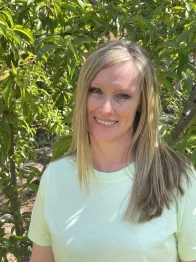
Award-winning, bestselling author, Robbie Cheadle, has published fourteen children’s books and three poetry books. Her work also features in several poetry and short story anthologies.
Robbie also has two novels published under the name of Roberta Eaton Cheadle and has horror, paranormal, and fantasy short stories featured in several anthologies under this name.
The eleven Sir Chocolate children’s picture books, co-authored by Robbie and Michael Cheadle, are written in sweet, short rhymes which are easy for young children to follow and are illustrated with pictures of delicious cakes and cake decorations. Each book also includes simple recipes or biscuit art directions which children can make under adult supervision.
Robbie and Michael Cheadle have recently launched a new series of children’s books called Southern African Safari Adventures. The first book, Neema the Misfit Giraffe is now available from Amazon.
Robbie’s blog includes recipes, fondant and cake artwork, poetry, and book reviews. https://robbiesinspiration.wordpress.com/
Wrapping Up the WordCrafter “Poetry Treasures 4” Book Blog Tour
Posted: April 13, 2024 Filed under: Anthology, Book Release, Book Review, Books, Giveaways, Poetry, Poetry Readings, Review, WordCrafter Book Blog Tours, WordCrafter Press | Tags: Book Review, Giveaway, Poetry, Poetry Anthology, Poetry Reading, Poetry Treasures 4: In Touch with Nature, Robbie Cheadle, WordCrafter Book Blog Tours Leave a commentIt’s the last stop on the WordCrafter Poetry Treasures 4 Book Blog Tour, and we’re over at Carla Loves to Read with Carla’s review and a lovely reading by Robbie Cheadle of her poem, “Long Day (In the Bush)”. The perfect way to wrap up this wonderful tour and send off for this delightful anthology, Poetry Treasures 4: In Touch with Nature. Won’t you join us?
A Look at Poetry Reviews from the Past Year: The Hedge Witch & The Musical Poet
Posted: April 13, 2024 Filed under: Book Review, Books, Poetry, Review | Tags: Book Review, M.J. Mallon, National Poetry Month, Poetry, The Hedge Witch & The Musical Poet, Writing to be Read 3 Comments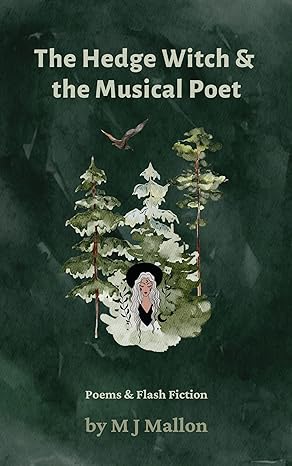
It celebration of National Poetry Month, I’m reblogging my poetry reviews from the past year on Saturdays throughout April in case you missed any of these noteworthy poetry collections.
Today’s review is The Hedge Witch & The Musical Poet, by M.J. Mallon
Day 2 of the WordCrafter “Poetry Treasures 4” Book Blog Tour
Posted: April 9, 2024 Filed under: Anthology, Blog Tour, Book Release, Books, Giveaways, Poetry, Poetry Readings, WordCrafter Book Blog Tours, WordCrafter Press | Tags: Andrew McDowell, Poetry, Poetry Anthology, Poetry Readings, Poetry Treasures 4: In Touch with Nature, WordCrafter Book Blog Tours Leave a comment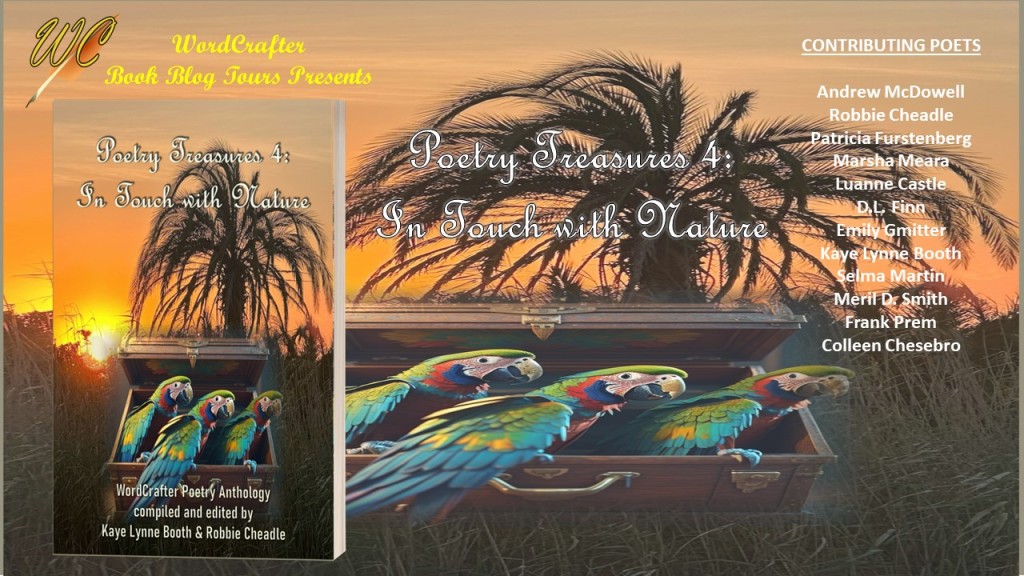
Today were over at Merril’s Historical Musings for Day 2 of the WordCrafter Poetry Treasures 4 Book Blog Tour with a lovely reading from contributing poet, Andrew McDowell. Join us in launching this delightful poetry collection and support the contributing poets. And don’t forget to leave a comment for a chance at a free digital copy in the #giveaway!


